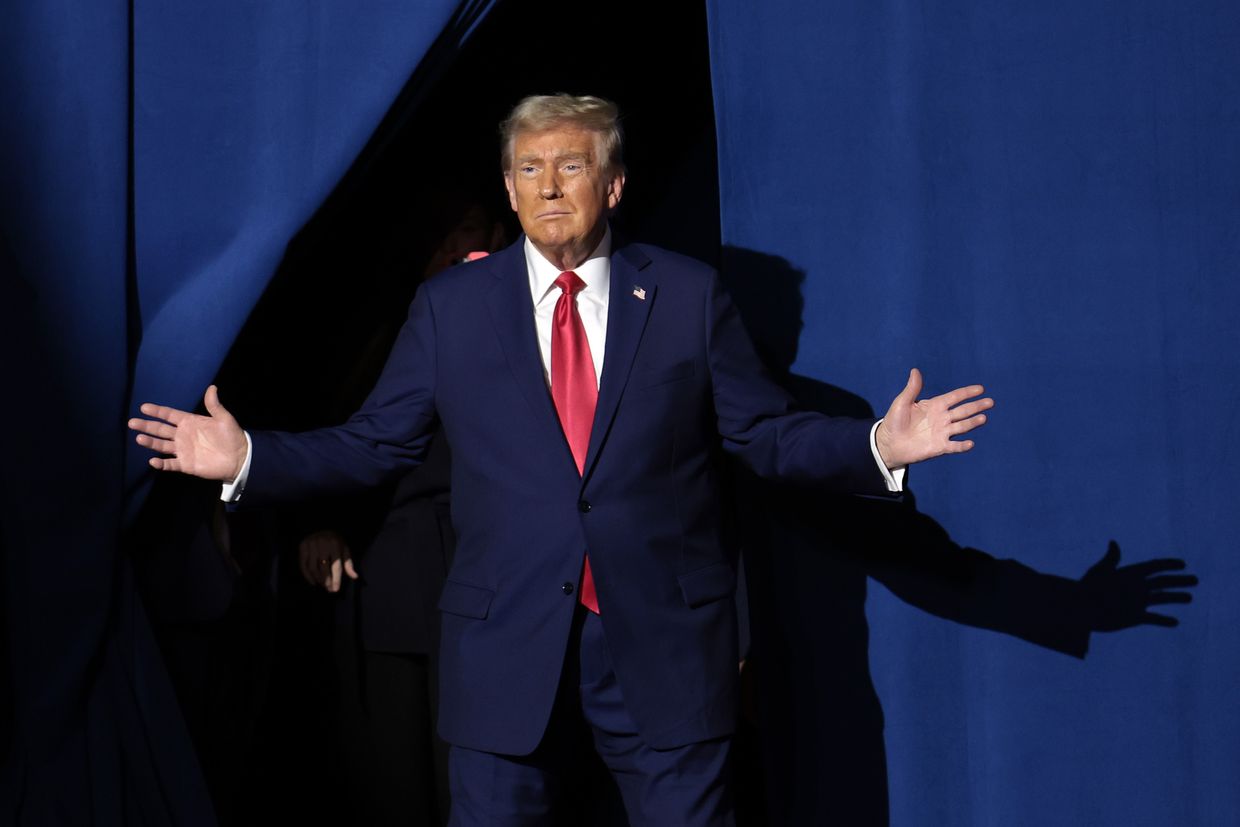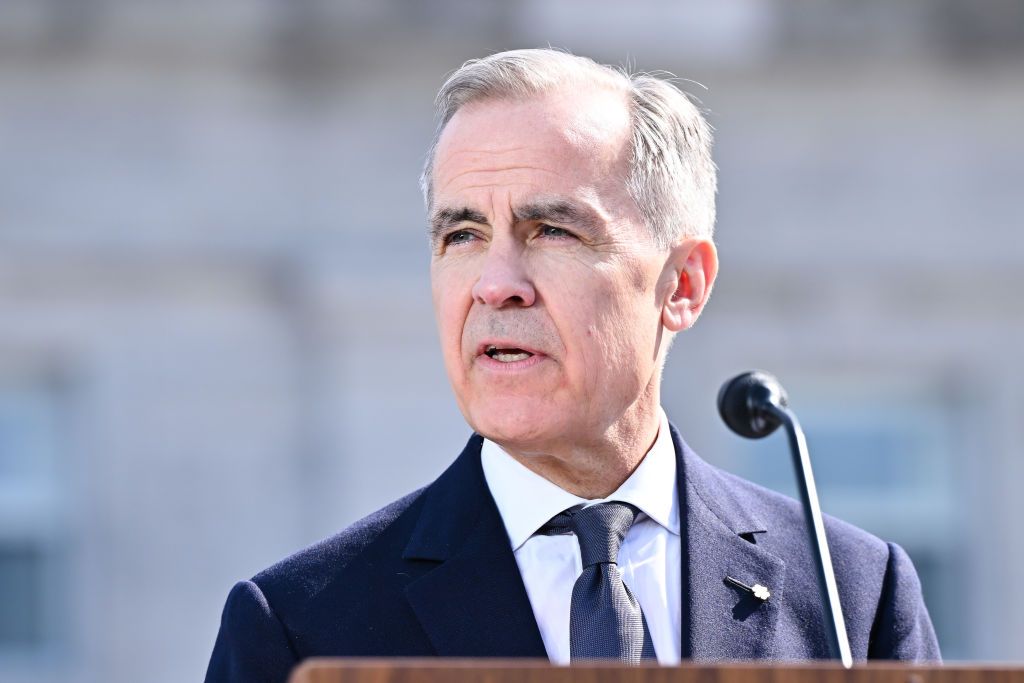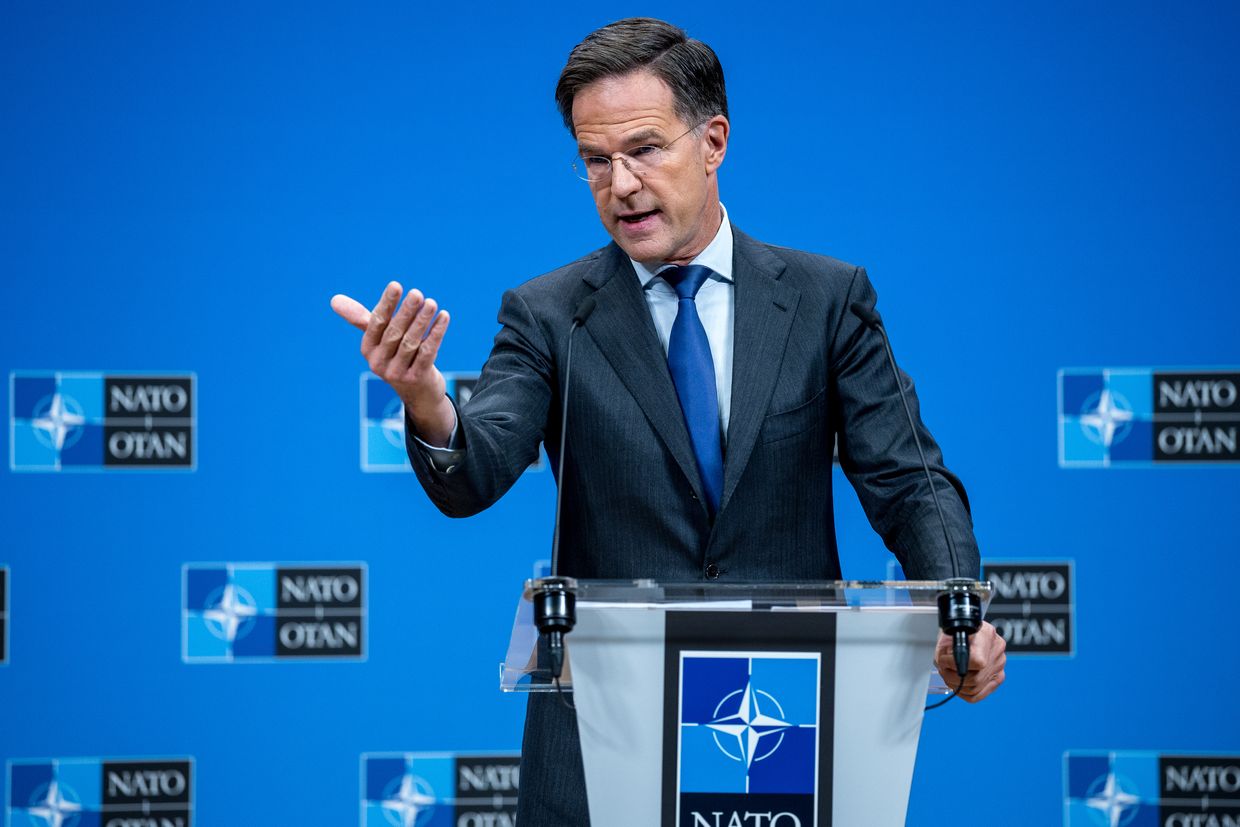Editor's Note: This is a developing story.
Ukraine and the United States on April 30 signed a long-awaited minerals agreement that establishes a joint investment fund in Ukraine, First Deputy Prime Minister Yulia Svyrydenko announced.
"I am grateful to everyone who worked for the agreement and made it more meaningful. Now the document is such that it can ensure success for both our countries — Ukraine and the United States," Svyrydenko said.
Svyrydenko traveled to Washington April 30 to sign the framework agreement on behalf of Ukraine. She signed the document along with U.S. Treasury Secretary Scott Bessent.
The signing of the minerals deal follows months of negotiations that at times became contentious. The U.S. and Ukraine were set to sign the deal in late February, but the plan fell apart following the infamous White House argument between President Volodymyr Zelensky and U.S. President Donald Trump.
U.S. officials framed the agreement as a sign of Washington's lasting support for Ukraine.
"This agreement signals clearly to Russia that the Trump Administration is committed to a peace process centered on a free, sovereign, and prosperous Ukraine over the long term," Bessent said in a U.S. Treasury Department press release.
The deal will not allow any "state or person who financed or supplied the Russian war machine" to profit from Ukraine's reconstruction, Bessent said.
Shortly before the deal was signed, Prime Minister Denys Shmyhal announced the Ukrainian government had approved the agreement.
"Thanks to this agreement, we will be able to attract significant resources for reconstruction, start economic growth, and receive the latest technologies from partners and a strategic investor in the United States," Shmyhal said.
The "Reconstruction Investment Fund" will be jointly managed by Kyiv and Washington in an equal partnership, with both sides contributing to the fund. According to Shmyhal, future military aid from the U.S. can count as contributions to the fund, but prior assistance is not included.
"The agreement does not provide for any debt obligations," Shmyhal said.
Ukraine will retain "full control over subsoil, infrastructure, and natural resources," the prime minister said. The establishment of the fund will also not interfere with Ukraine's path to membership in the European Union.
Svyrydenko confirmed these stipulations in a post on social media, adding that Ukraine's state-owned businesses such as Energoatom and Ukrnafta would retain state ownership and that the agreement abides by Ukraine's Constitution.
The fund will exclusively be supplied with revenues from newly issued licenses, Svyrydenko said.
"We are talking about 50% of the funds from new licenses for projects in the field of critical materials and oil and gas that will go to the budget after the Fund is created," she wrote.
"Revenues from projects already launched or budgeted revenues are not included in the Fund. The agreement refers to further strategic cooperation."
The fund's income and contributions will not be taxed in Ukraine or the U.S., she added.
As part of the agreement, the U.S. will help attract additional investments and technologies to Ukraine, Svyrydenko said.
According to the Washington Post (WP), which reviewed the latest version of the deal, the agreement provides no concrete security guarantees to Ukraine. It instead affirms a "long-term strategic alignment" between the two nations and pledges U.S. "support for Ukraine's security, prosperity, reconstruction, and integration into global economic frameworks."
The deal also includes no mention of the Russian-occupied Zaporizhzhia Nuclear Power Plant (ZNPP), the WP reported. U.S. officials have previously suggested taking control of the facility as part of a future peace deal.
Shmyhal earlier on April 30 said the framework agreement, once signed, would be submitted to the Verkhovna Rada for ratification.
The deal reportedly faced a last-minute setback on April 30, as disagreements over final terms raised doubts about whether the deal would be signed, according to the Financial Times.
Investigation: The hidden journey of Ukrainian coal stolen by Russia — and who profits from it
On March 29, the sanctioned Russia-flagged vessel Sv. Nikolay quietly docked at the Algerian port of Annaba near the coal terminal, waiting to be unloaded. The metallurgical coke the ship was carrying — a key ingredient in steelmaking produced from coal — had been stolen. The Kyiv Independent traced the vessel’s

.png)
 German (DE)
German (DE)  English (US)
English (US)  Spanish (ES)
Spanish (ES)  French (FR)
French (FR)  Hindi (IN)
Hindi (IN)  Italian (IT)
Italian (IT)  Russian (RU)
Russian (RU)  7 hours ago
2
7 hours ago
2










Comments